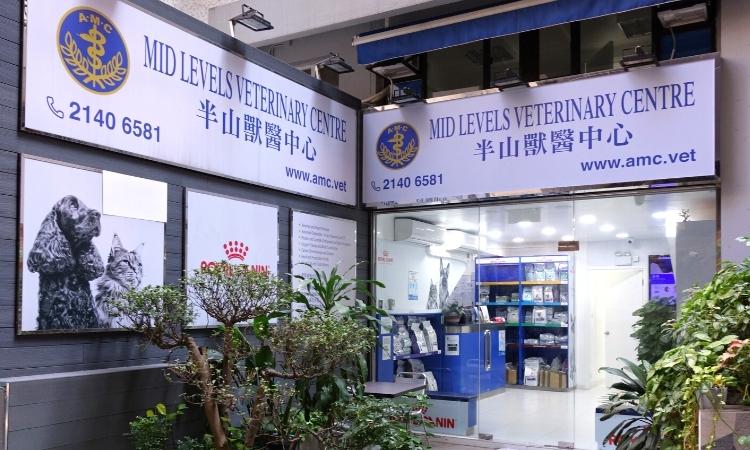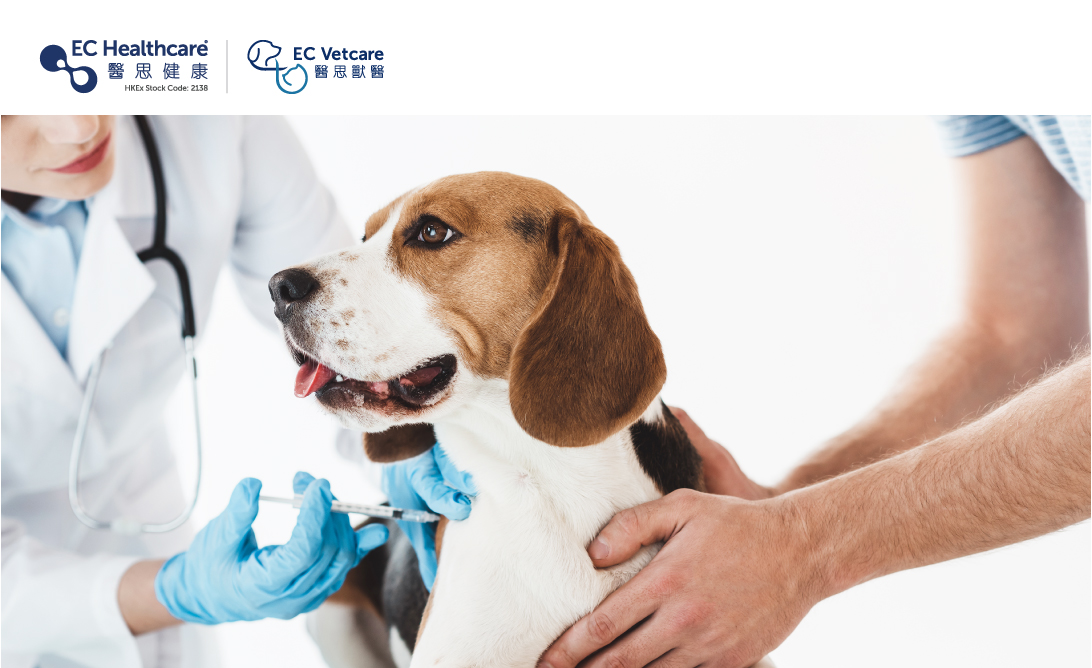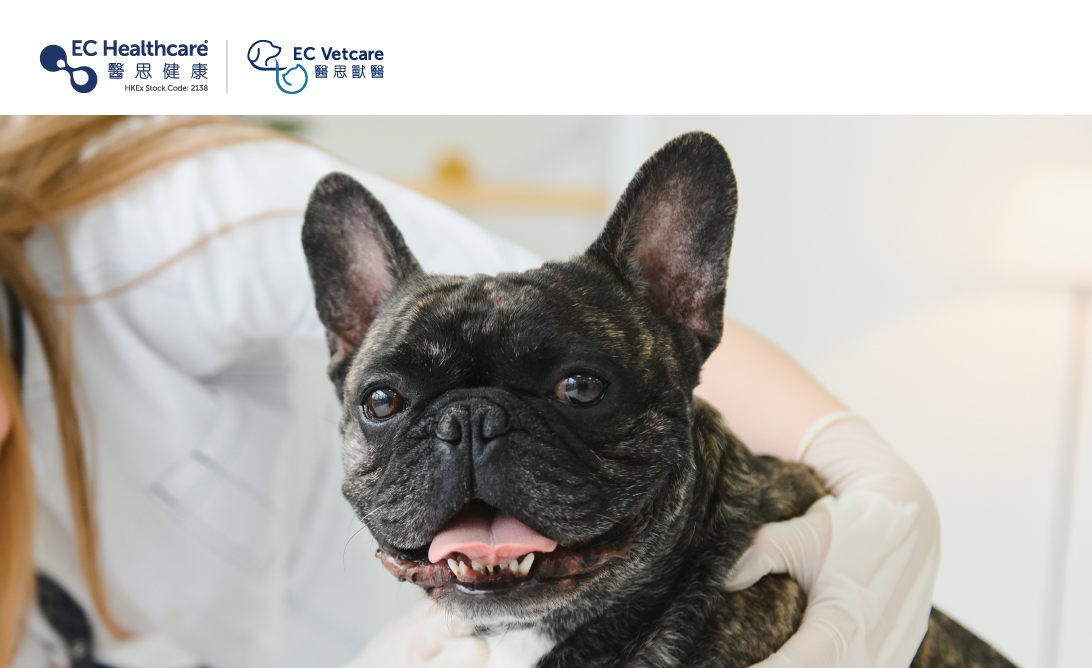Why Is My Dog Sneezing So Much?
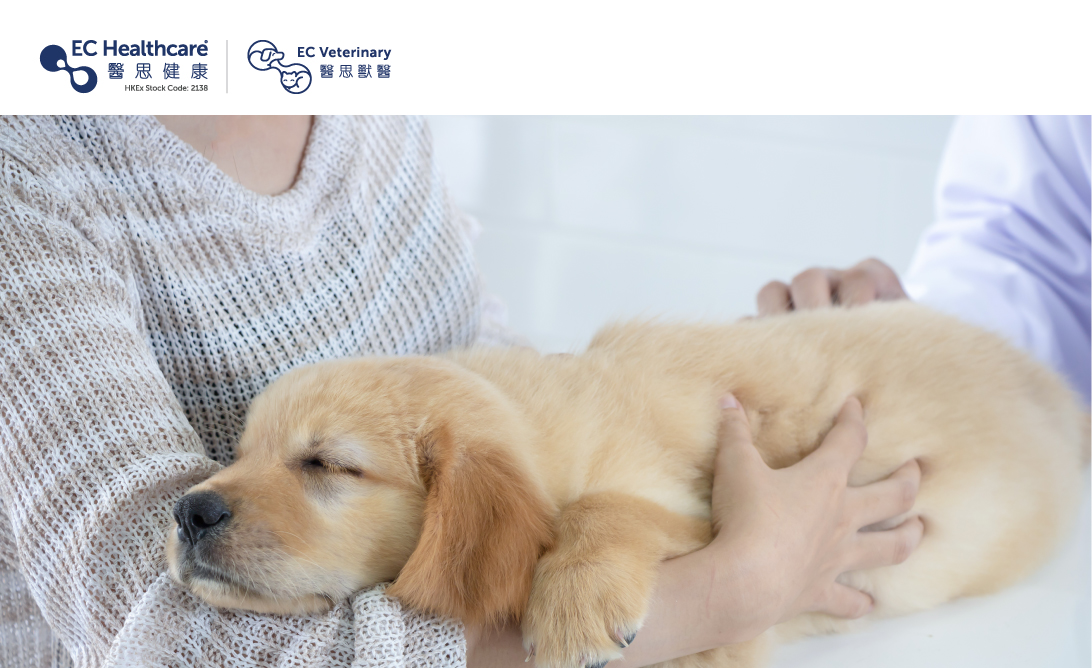

Dog owners, do you notice that our furry friends often sneeze and wonder why? While sneezing can be a normal physiological response, it could also be a symptom of health issues. Whether you're a new or an experienced pet owner, it's important to understand the causes of sneezing in dogs so that you can take better care of them.

Sneezing in dogs is often related to issues with their noses, which may include:
Allergy
Just like humans, dogs can also be allergic to pollen, dust, mould, and other substances. When a dog comes into contact with these substances, their immune system can overreact, leading to symptoms such as sneezing and a runny nose.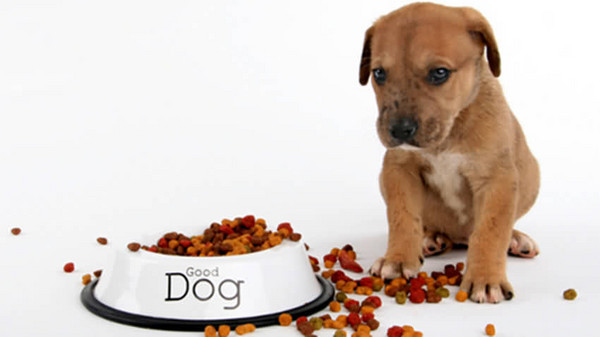
Disease
Sneezing in dogs can also be a symptom of certain diseases such as cold, flu, and sinusitis. If a dog's sneezing is accompanied by other symptoms such as coughing, fever and poor appetite, it is likely caused by some kind of disease.
Nasal congestion
Nasal congestion in dogs can be caused by foreign objects, rhinitis, nasal polyps, etc. If dogs experience nasal congestion, they will keep sneezing.
Environment
If a dog encounters irritants such as smells and pollen when going for a walk, it can also cause sneezing.
If your dog frequently sneezes, you should take the following measures:
Observe your dog's symptoms: If your dog's sneezing is accompanied by other symptoms such as coughing and fever, you should take them to the vet immediately to determine if there is an underlying disease.
Maintain environmental hygiene: You should regularly clean your dog's living environment to eliminate allergens such as dust and mould.
Provide a healthy diet: Malnutrition can weaken dogs’ immune systems, making them more susceptible to diseases.
Provide adequate water: Staying well-hydrated can prevent a dry nose and reduce sneezing.
Frequent sneezing in dogs can be caused by various reasons and may involve some serious diseases. If your dog's sneezing is caused by allergies, you can consider using allergy medications to alleviate the symptoms, but be sure to use them under the guidance of a veterinarian. At the same time, you should bring your dog for regular health checkups and perform preventive measures such as regular bathing, teeth cleaning and vaccination to prevent diseases and promote their health.
Dogs are our loyal friends and family members. If you have any doubts about your dog's health, consult a veterinarian as soon as possible for advice and treatment.
